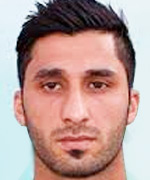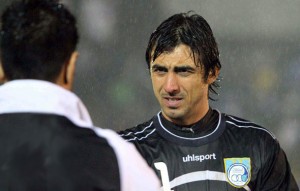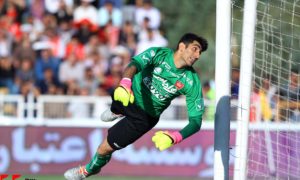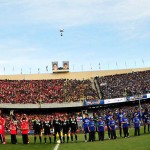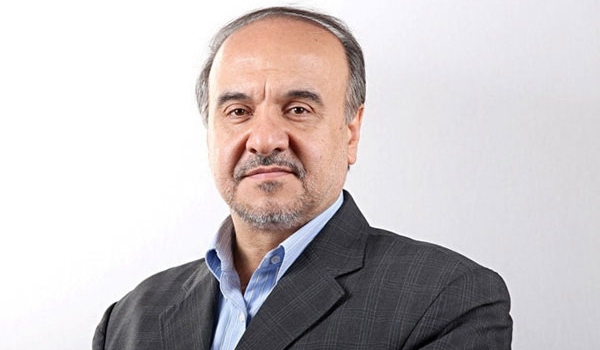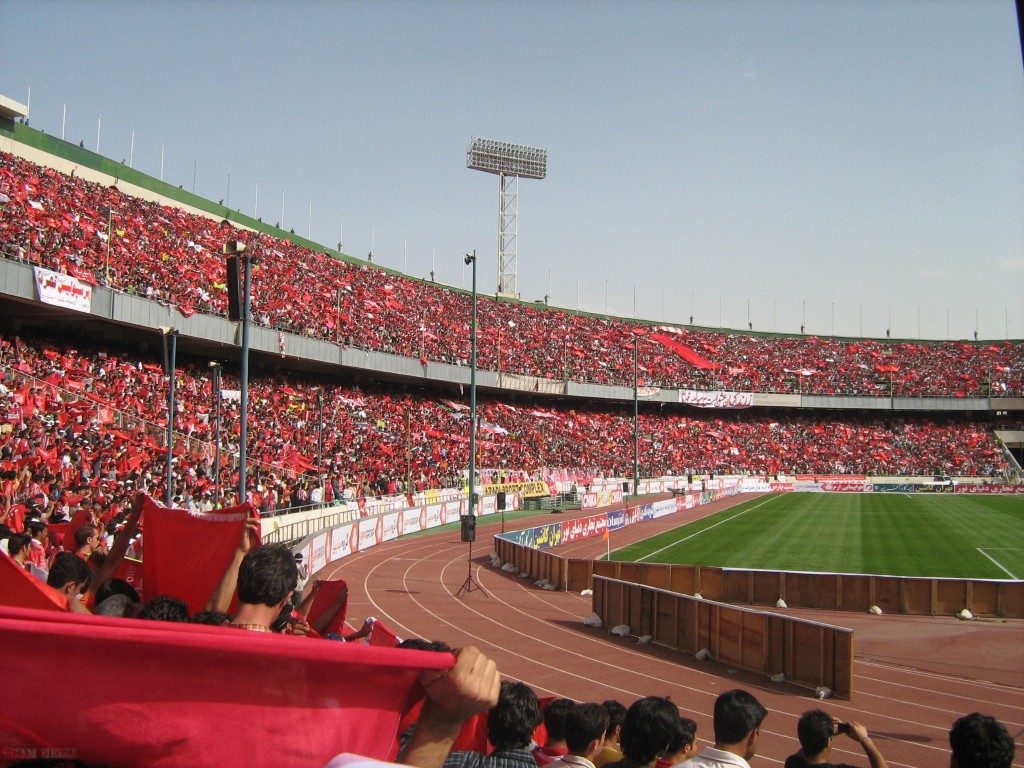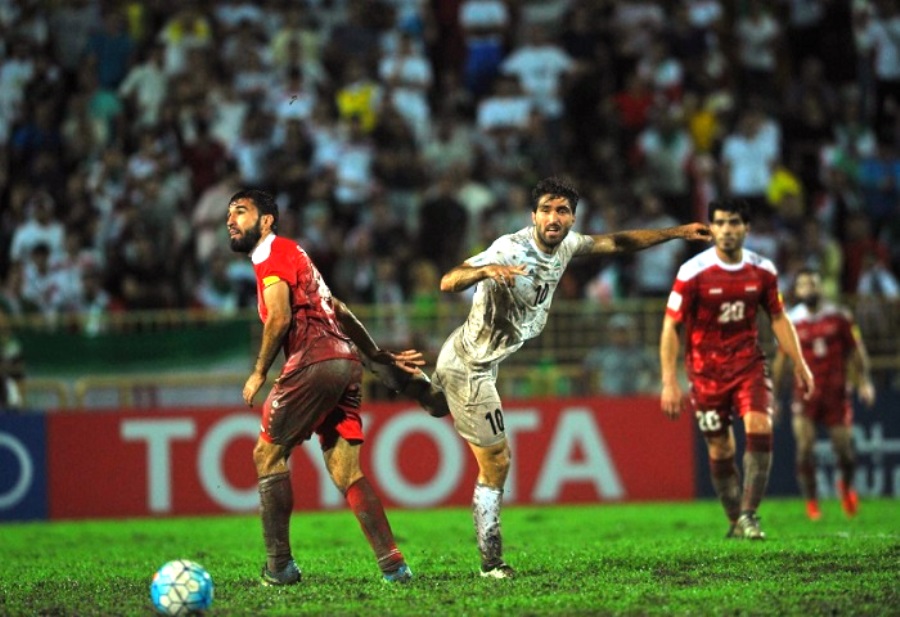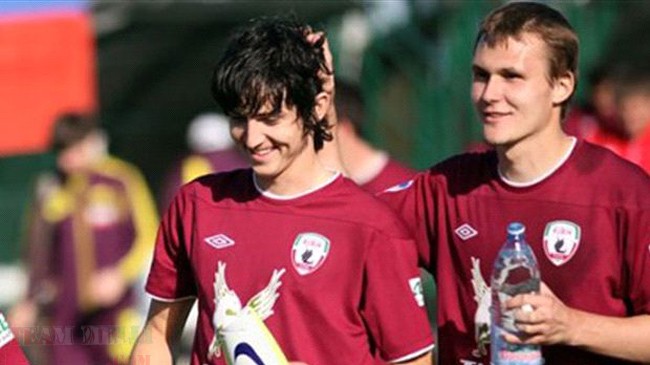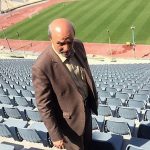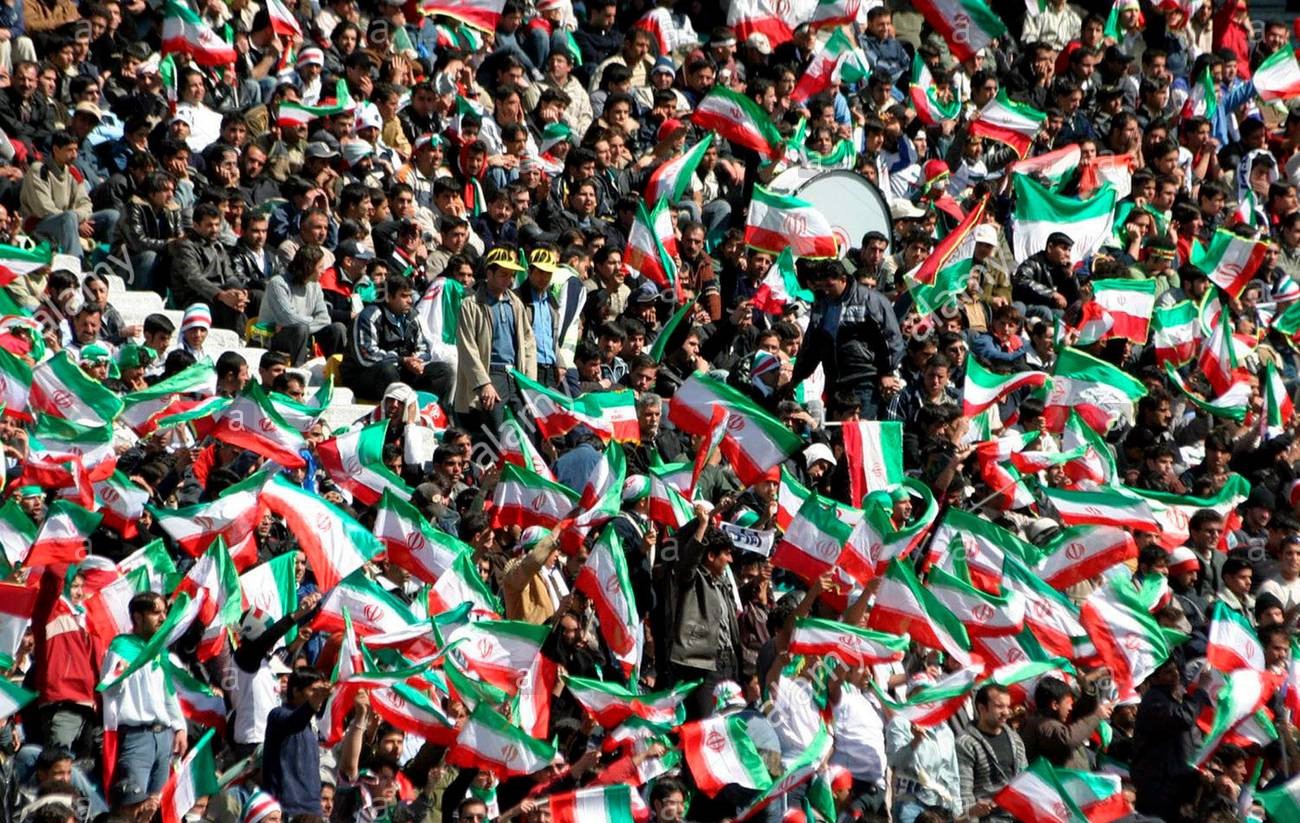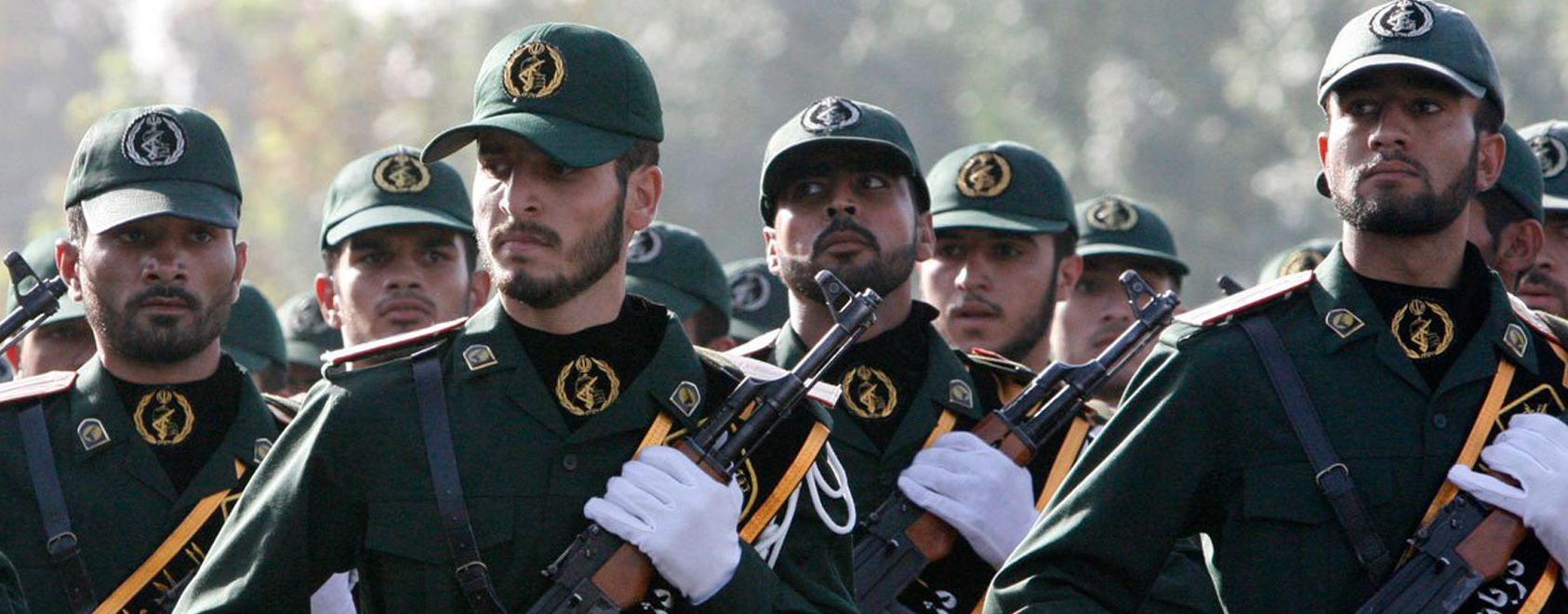Portuguese head coach Queiroz left Persepolis captain Seyyed Jalal Hosseini and Esteghlal winger Vouria Ghaffouri out of his squad for next month’s FIFA World Cup, insisting before squad travel to Istanbul, that the decisions were purely based on tactical issues.
“We have to call only 23 players in our final list and we could not do anything else because of the rules and logistical issues,” Queiroz said in response to criticism and then talked about the important players who have no place in his squad.
Referring to Jalal Hosseini, Queiroz said: “I respect Jalal with all my heart, but this respect should be for the next generation of Iranian football as well. We need a younger Team Melli for the upcoming events and we have to move forward. I emphasize that Seyyed Jalal will remain on our waiting list and will join Team Melli if we need him.”
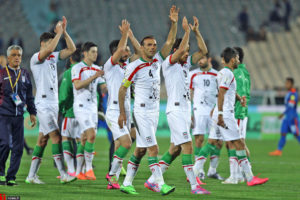
When asked about Vouria Ghaffouri, the coach answered: “I needed a solid right fullback in the national team, but at his club Esteghlal he was used as a right midfielder or winger, with the decision of head coach Winfried Schaefer. I have no idea why Mr. Schaefer was surprised by seeing Vouria is not in the squad. I don’t know why he’d say that. Mr. Schaefer does not believe in Vouria as a right back and has changed the player’s position.”
Queiroz’s reasoning has not convinced many experts with some accusing him of creating tension as result of his not-so-cordial relations with the coaches of both clubs.
Team Melli travelled to Istanbul on Monday to hold a training camp in the European country. The Persians will face Turkey football team on May 29 in a friendly match as part of preparation for the 2018 World Cup.
Iran have been drawn in Group B of the 2018 World Cup along with Morocco, Spain and Portugal.







